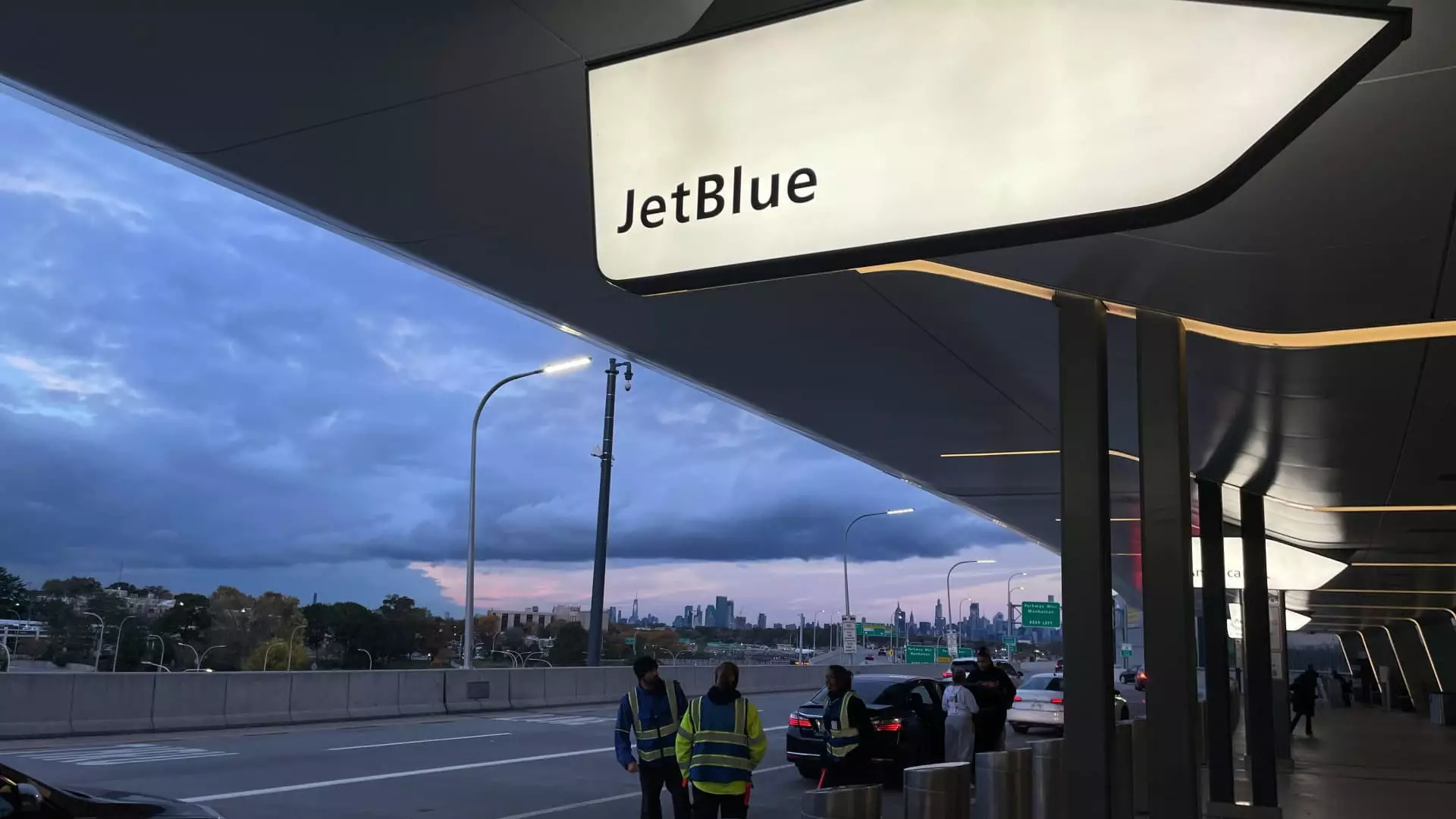JetBlue Airways recently announced significant changes to its routes and services as it strives to regain profitability after facing obstacles in its plan to acquire Spirit Airlines. In an internal memo reviewed by CNBC, the airline revealed its decision to discontinue flights from New York’s John F. Kennedy Airport to Portland, Oregon, and San Jose, California, as well as from Westchester, New York, to Martha’s Vineyard. Additionally, JetBlue will temporarily suspend service from New York to Ponce, Puerto Rico, and to Milwaukee, Wisconsin, starting in October. The memo emphasized the need for the airline to be selective in its route choices in order to achieve profitability, support its overall network strategy, and maintain reliable operations.
While cutting back on certain routes, JetBlue is redirecting its focus towards leisure destinations. The airline plans to expand its services throughout the Caribbean and introduce flights to Paris. By targeting popular vacation spots, JetBlue aims to cater to the evolving travel patterns following the COVID-19 pandemic. The decision to exit Baltimore/Washington International Thurgood Marshall Airport is also part of the company’s strategy to optimize operations and ensure a reliable service.
It is important to note that these route adjustments were already underway prior to a court decision that blocked JetBlue’s proposed $3.8 billion acquisition of Spirit Airlines on antitrust grounds. Judge William Young’s ruling solely applies to the specific merger agreement reached in July 2022 and does not impact alternative potential combinations the airlines may explore. JetBlue emphasized that the changes to its routes were unrelated to the court’s decision and were primarily motivated by a continuous evaluation of network performance and evolving travel trends.
JetBlue stressed the importance of these changes in supporting its overall strategy and returning the business to profitability. According to the airline, the discontinued routes had been underperforming expectations, necessitating prompt adjustments to its operations. JetBlue also aims to enhance its reliability by discontinuing less in-demand flights, which provides more flexibility in planning for potential air traffic control challenges, particularly in the congested airspace of the northeast region. The company is committed to ongoing evaluation and optimization of its route network to adapt to changing market conditions and ensure profitability.
Recognizing the significance of punctuality in customer satisfaction, JetBlue acknowledged the need to improve its on-time performance. During the first 10 months of 2023, the airline ranked 9th among U.S. carriers for on-time arrivals, according to the Transportation Department. By strategically streamlining its routes and focusing on areas of strong demand, JetBlue aims to strengthen its operational efficiency and enhance its ability to deliver a reliable travel experience to its passengers.
JetBlue Airways is undertaking a comprehensive evaluation of its route network and making strategic changes to achieve profitability and adapt to evolving travel patterns. By discontinuing underperforming routes and redirecting its focus towards leisure destinations, the airline aims to optimize operations and offer reliable services. JetBlue’s commitment to improving reliability and punctuality reflects its dedication to providing a positive travel experience for its customers. Through these measures, the company seeks to position itself for long-term success in the highly competitive airline industry.


Leave a Reply